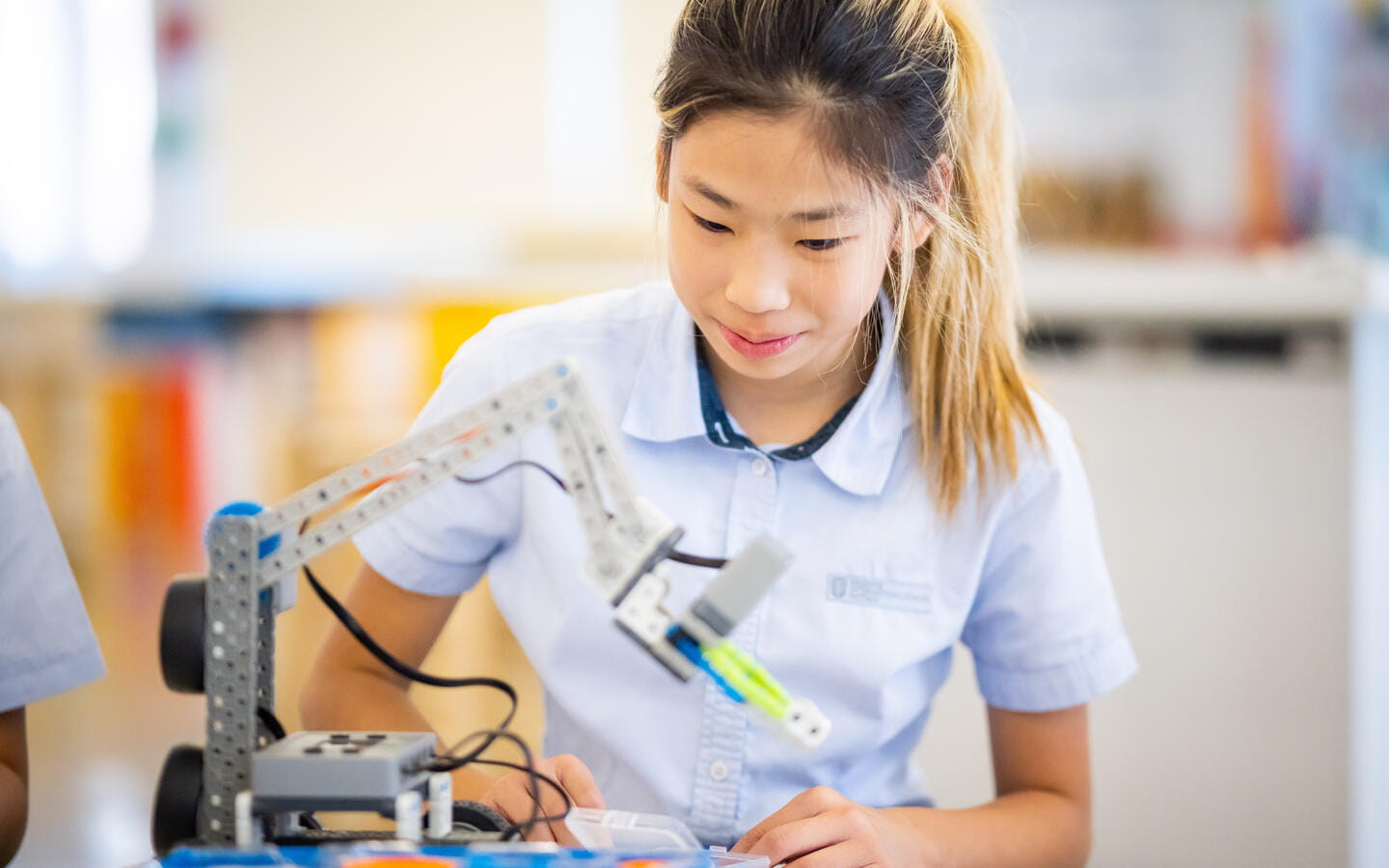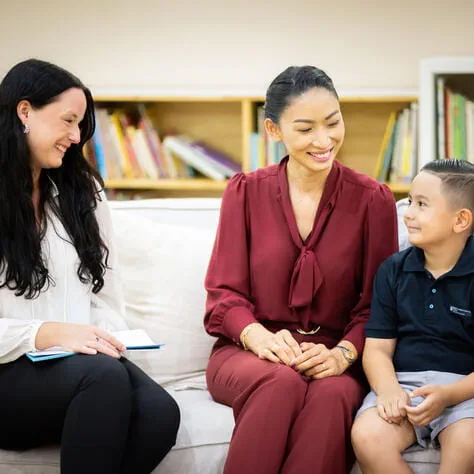Learning comes alive beyond the classroom at Regents. Here, your child will have every opportunity to do what they love, make thrilling new discoveries, and experience a sense of adventure. Taking part in a mix of activities helps our secondary students stand out on their university applications, too.
Our collaborations with world-leading organisations like The Juilliard School, MIT, and UNICEF make our school a truly unique place to learn. While MIT’s inventors teach our students how to use ‘design thinking’ to solve STEAM problems and challenges, Juilliard’s artists show them original ways to express their creativity through music, drama, and dance.
Before and after school, more than 200 co-curricular clubs nurture our students’ undiscovered and blossoming talents. From robotics, coding, and chess to cookery, 3D printing, and a range of sports, there really is an activity for everyone.
We also expand our students’ horizons through a mix of local, national, and international trips and expeditions. These include climbing Mount Kilimanjaro in Tanzania, learning about themselves and others on a personal challenge adventure to the Swiss Alps, and debating global issues at the UN High Level Political Forum in New York City.
Boarding at Regents offers an even greater collection of opportunities. From go-karting and paintballing to cultural visits and canoeing, our boarders experience more adventure, form deeper friendships, and discover even more about themselves and others.
Of course, health and happiness are at the heart of our holistic educational approach. We weave wellbeing into every aspect of school life, building our students’ resilience, confidence, and self-esteem. We’re proud to hold the prestigious Wellbeing Award for Schools, which recognises our whole-school commitment to positive care and attention. Unlike many schools in Thailand, we also have a full-time school counsellor.






.jpg?h=1000&iar=0&w=1500&rev=967d14613ed24915af7bd1829ca3d094&hash=A9EC8EC01D33CE939ADAED0F3CA0563B)

.jpg?h=900&iar=0&w=1440&rev=83e6d49f826148fe94222f7fc8c2dfe3&hash=94D0ABC4B728A6F1277C6BC25EF613A0)














.png?rev=6317d845f53a4e23aa47e1ea10c789b0&hash=F81D1EF20220C5F15B4DB920DF31527B)
